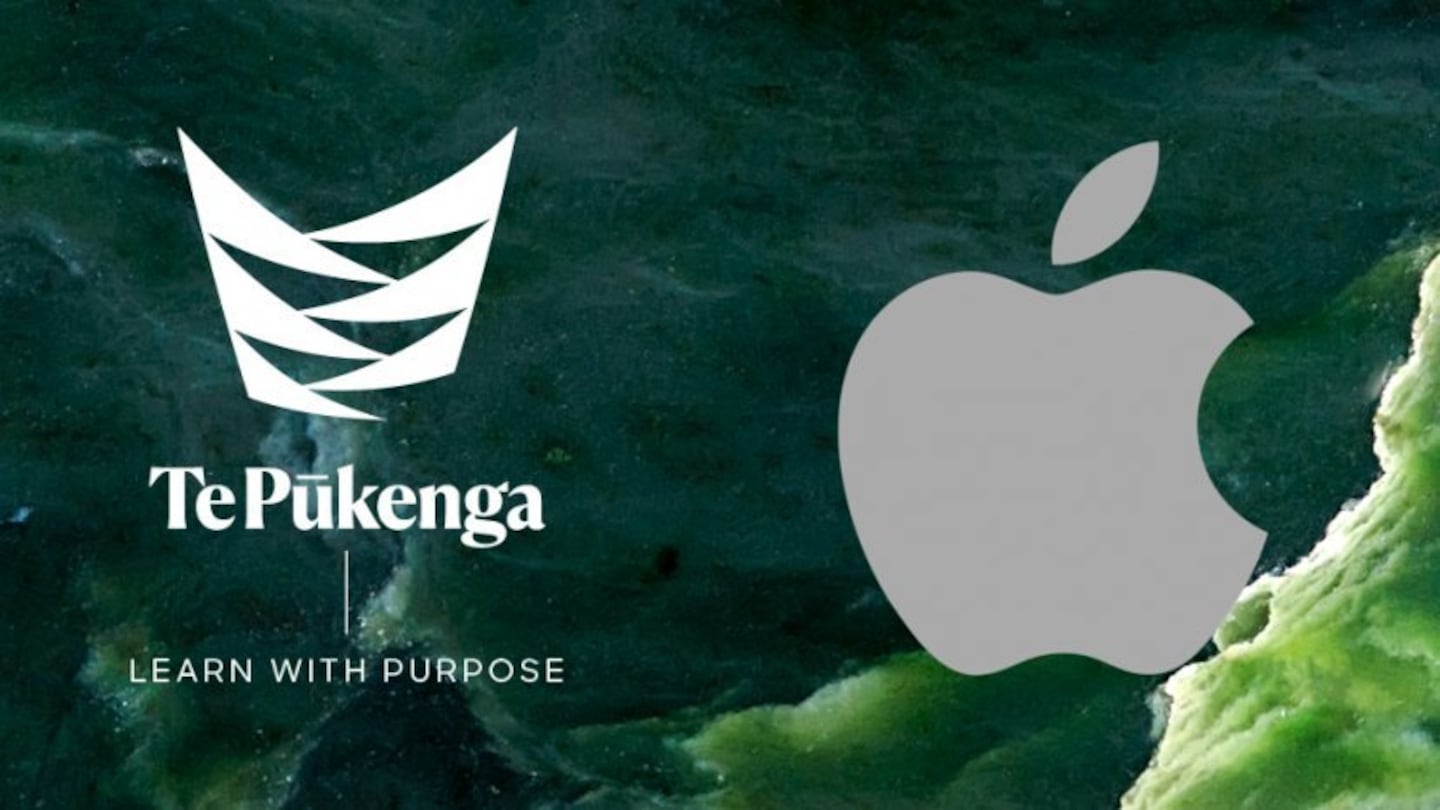Apple will help provide kaiako with app development training, and Te Pūkenga with tech resources to help Māori, Pasifika, and the disabled, get into technology. Photo / Supplied
Te Pūkenga, the amalgamation of the country's 16 polytechs, and Apple have joined forces for a programme to bridge the technology sector gap for Māori and Pasifika communities.
This collaboration is being championed by Apple's Racial Equity and Justice Initiative (REJI), which seeks to address the underrepresentation of ethnic diversity in the tech workforce and the intergenerational impacts that accompany it.
As part of this initiative, Te Pūkenga will upskill 30 kaiako (teachers) from 10 kura and schools in Tāmaki Makaurau, Auckland, which cater to a significant number of ākonga (learners) from Māori and Pasifika backgrounds.
The participating kaiako will receive training in iOS app development, encompassing various aspects such as app prototyping and design, digital media development, and user experience methodologies.
"We are proud to launch this programme in Aotearoa," Te Pūkenga Tumuaki chief executive Peter Winder says.
"Apple and Te Pūkenga are dedicated to promoting equity for historically underserved groups.
Tech sector growing rapidly
"This initiative harnesses the strength of our national network, representing the country's largest training organisation, in leveraging Apple technology to drive change."
In Aotearoa, despite comprising 17 per cent of the population, Māori make up just four percent of the workforce in technology-related fields, while Pasifika people comprise just 2.8%.
In 2021, the tech sector contributed $7 billion towards New Zealand’s GDP and, since 2016 it has grown at twice the annual rate of the wider economy.
Upon completion of the course, the kaiako will be awarded a credential in digital technologies training for kaiako (teachers).
Both the teachers and their school communities will receive support and a device grant from Apple, enabling them to effectively implement their newfound knowledge.
"Reducing barriers to opportunity globally is a central focus of Apple's racial equity and justice initiative," Alisha Johnson Wilder, Apple's racial equity and justice initiative director said.
Commitment to te Tiriti
"We're thrilled to partner with Te Pūkenga and support their efforts in training and equipping educators to foster educational equity for Māori and Pasifika communities in Aotearoa."
Te Pūkenga says it plans face-to-face workshops between ākonga and industry professionals, enabling learners to connect and gain insights into the opportunities available in the field.
Winder says the programme is part of the polytech's commitment to upholding Te Tiriti (Treaty of Waitangi), achieving equity and addressing the needs of priority learners, including Māori, Pasifika, and students with disabilities.
"This partnership directly responds to the needs of Māori and Pasifika ākonga and their whānau while fostering an environment that promotes entrepreneurship, empowerment, and unlocking true potential," Winder says.



